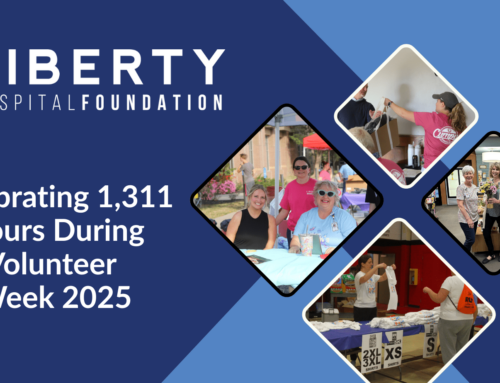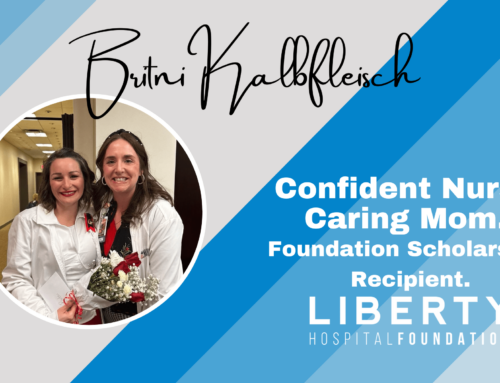This month’s blog post authored by guest blogger and Excelsior Springs SAFE Director, Juila Mees.
Our youth are up against a lot these days. Among Clay County youth in 6th-12th grades, nearly 15% report “feeling hopeless often or always”; 13% report they have seriously considered suicide in the past year; 10% have drank alcohol in the past month.[i] These statistics are simply the numbers behind the real stories of youth depression, suicidal ideation and substance use that local youth are dealing with every day. Stories that local school counselors, youth mentors, law enforcement officers, and health care providers see all too frequently. While mental health and substance use problems are complex, there is some research that can help us discover some of the roots of these societal issues. In 1998, Kaiser Permanente and the U.S. Centers for Disease Control and Prevention (CDC) coined the term, “Adverse Childhood Experiences” or “ACE.” The ACEs study was one of the largest ever conducted to assess the link between early childhood adversity and its effect on long-term health. The study looked at common types of childhood adversity, such as abuse and neglect or other household dysfunction like domestic violence or living with a parent with a substance use disorder or untreated mental health disorder. The study assigned an “ACE score” by adding up the number of adversities (0-10) that the participant identified. The study had remarkable findings:[ii]
- First, ACEs are very common. 67% of the participants had at least one ACE, and 13% had an ACE score of four or more.
- The more ACEs, the higher the risk of negative health outcomes in adulthood. For example, those with a high ACE score have three times the risk for heart disease or lung cancer and a 20-year shorter life expectancy compared to those with an ACE score of O.
- ACEs have an impact on mental health and one’s risk of substance use disorder throughout life. For example, those with a score of four or more are 5x more likely to have an alcohol abuse disorder and 4x more likely to suffer depression.
The Northland Coalition and our network of prevention coalitions in Liberty, Excelsior, Smithville, and Ray County have been working to educate the public about the health impacts of ACES. We have provided trainings on ACES and have shown the film Resilience to over 2500 people in the Northland. Now we taking the next step to help mobilize hundreds of adults to help buffer against the impact of ACEs and build resilience in area youth. With funding from the Liberty Hospital Foundation, we’re providing education on the impact of adversity and then equipping small groups with the Roots of Resilience Action Guide. Using this guide, groups in a variety of settings can spend time learning, reflecting, discussing, and developing steps to create meaningful change for youth. Our goal is to empower individuals so that they can also work to build resilience in youth around them. The Action Guide is a free tool available to any small group throughout the Northland. If you have a group that would like to be a part of this mission, contact us at northlandcoalition@gmail.com.
Everyone can help buffer area kids from all that life has to throw at them. It takes education and intention and we want you to help. Find out more about the Roots of Resilience campaign and the Roots of Resilience Action Guide at www.rootsofresiliencekc.com.
[i] Missouri Student Survey. Missouri Department of Mental Health, 2018, dmh.mo.gov/.
[ii] Felitti, Vincent J, et al. “Relationship of Childhood Abuse and Household Dysfunction to Many of the Leading Causes of Death in Adults.” American Journal of Preventive Medicine, vol. 14, no. 4, 1998, pp. 245–258., doi:10.1016/s0749-3797(98)00017-8.






